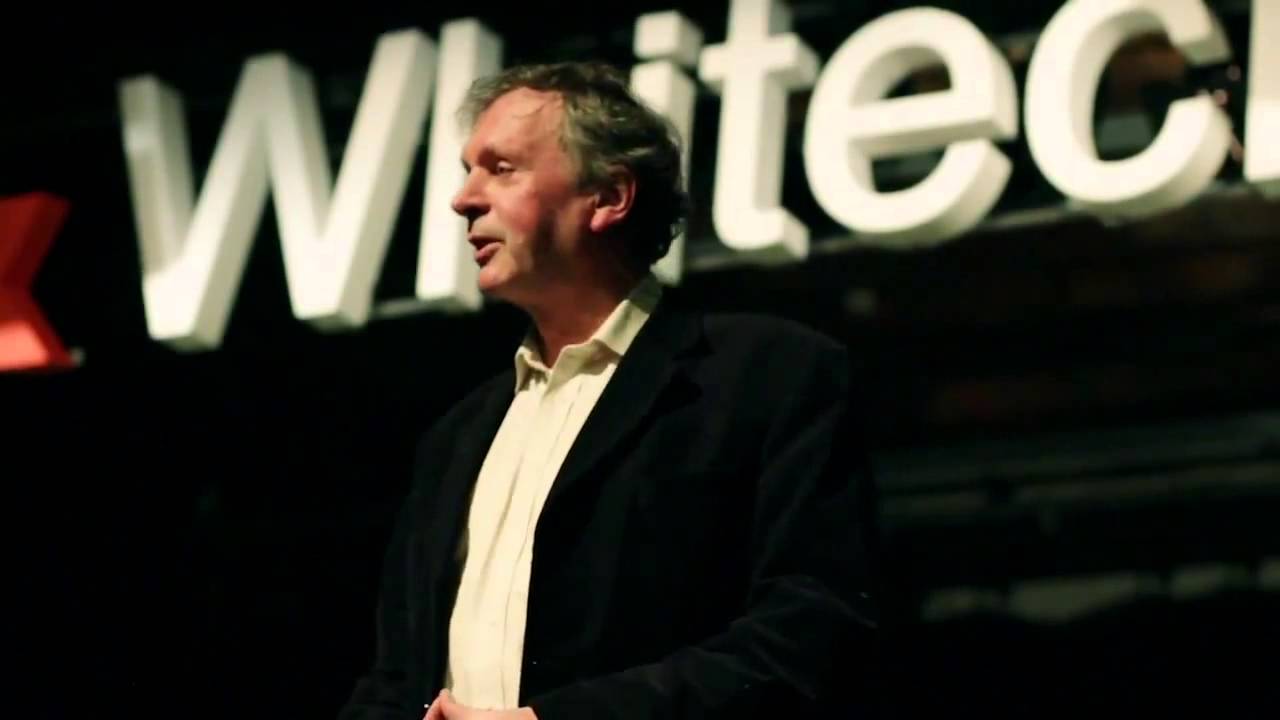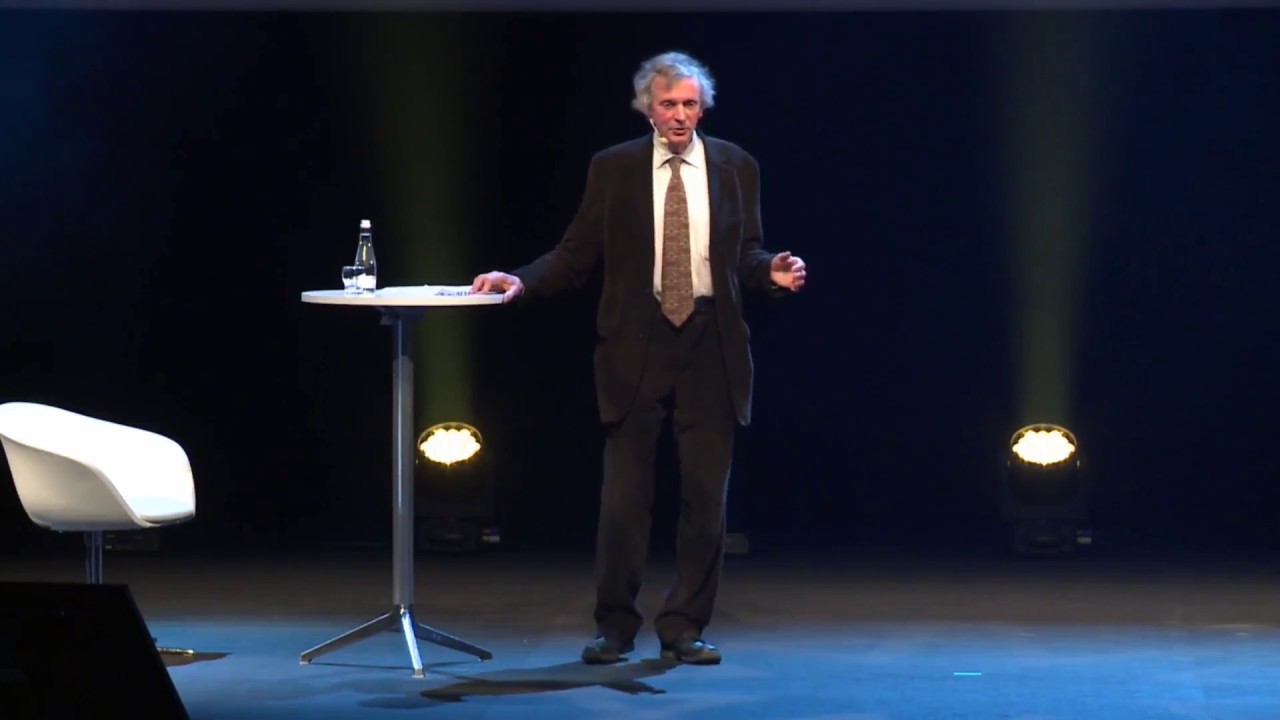The organizers of TED Talks (“ideas worth spreading”) destroyed their credibility when they censored a talk by Rupert Sheldrake – a soft-spoken, reasonable-sounding, thoughtful English academic. Apparently, some ideas are too dangerous to spread.
What was Dr. Sheldrake’s sin? He has doubts about the ruling materialist view that everything can be explained by molecules. That doubt puts him too close to the possibility of transcendence for the comfort of the likes of the conventional thinkers at TED Talks. In order to cast a vote against those anti-scientific charlatans, I bought a copy of Dr. Sheldrake’s book “Science Set Free: 10 paths to new discovery”, ISBN 978-0-7704-3672-8 (2012), 390 pages.
A biologist, Sheldrake became interested in the ability of organisms to grow to a pattern even when part of the organism is removed. This led him to an exploration of consciousness – a phenomenon which presents a great problem for those who confine their thinking to a narrow materialist view.
Sheldrake’s book is well-written, reasonable in tone, even-handed, and thought-provoking. Readers may not be convinced by his propositions, but this is apparently not the kind of material that the organizers of TED Talks want to have stimulating their audience. One of Sheldrake’s doubts is the conventional belief that all biological inheritance is material, carried in DNA and other material structures. He presents evidence that does not fit that belief – such as those old experiments on the learning speed of mice.
Some may have heard of the hypothesis of cognitive morphology – which suggests that if (for example) rats learn a new trick in one place, then rats all over the world should be able to learn the same trick quicker. Experiments on training rats to escape from a water maze “conducted first at Harvard, and then [much later] at Edinburgh and Melbourne universities showed that the Scottish and Australian rats took up more of less where the Harvard rats had left off, and their descendants learned even faster”. Sadly, the conventional view in academia is that such unexplained phenomena are illusory.
Interestingly, Dr. Sheldrake outlines a number of experimental paths which could resolve the question of whether or not such phenomena are illusory – but in a scientific regime dominated by the kind of people who run TED Talks, funding for such experiments is hard to come by.
Dr. Sheldrake hypothesizes that there may be some kind of cognitive field that allows a kind of spooky action at a distance between living organisms. That hardly seems startling in a world where the proponents of quantum theory tell us that even electrons are simply disturbances in the hypothesized Universe-wide electron field. But it seems that mentioning such an idea can get a scientist banned from TED Talks!
Dr. Sheldrake’s book is really a call for less arrogance & more open-mindedness on the part of conventional science. That is not the kind of reasonable proposition which should attract the ire of any organization which claims to be interested in “ideas worth spreading”.

